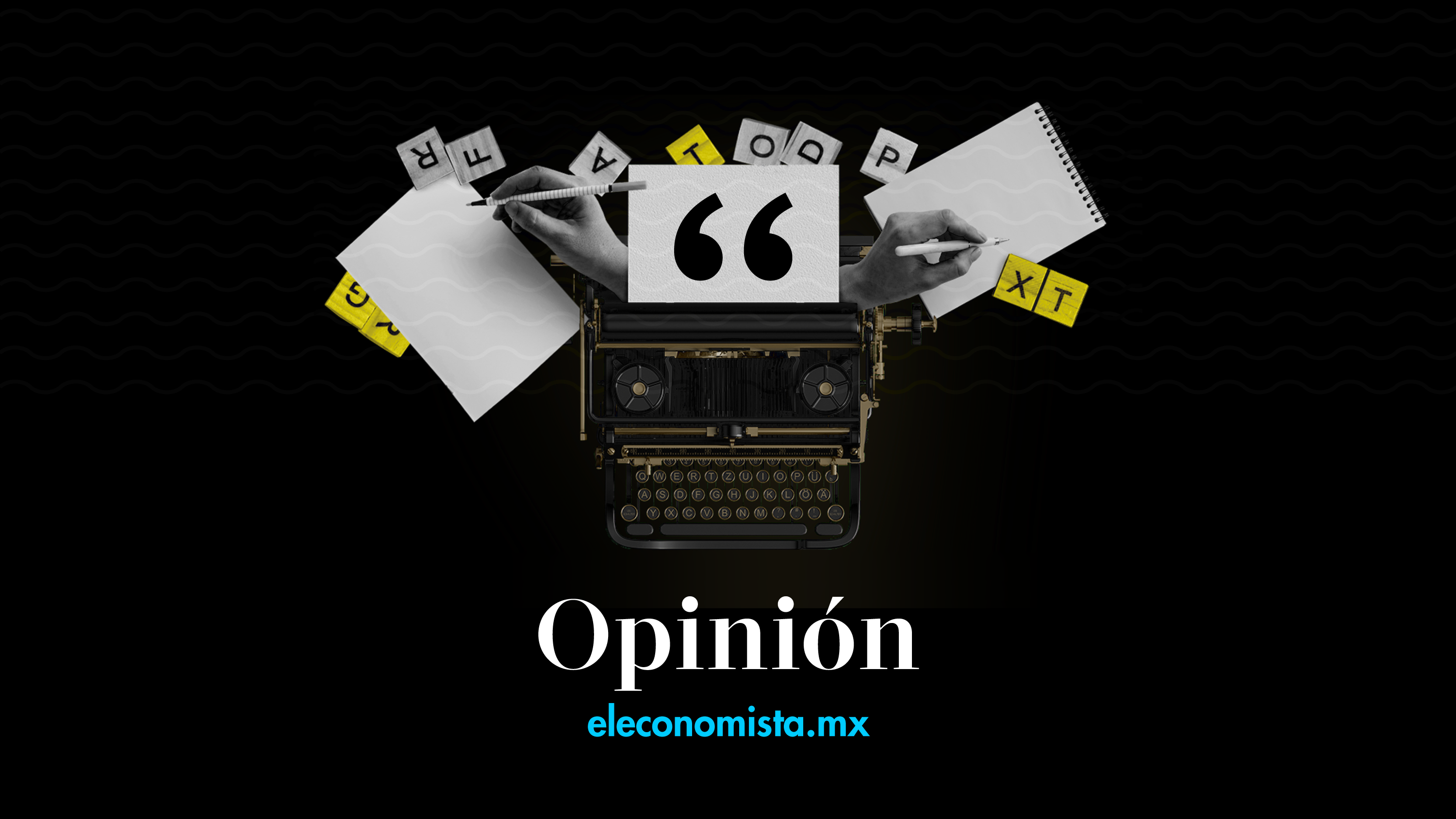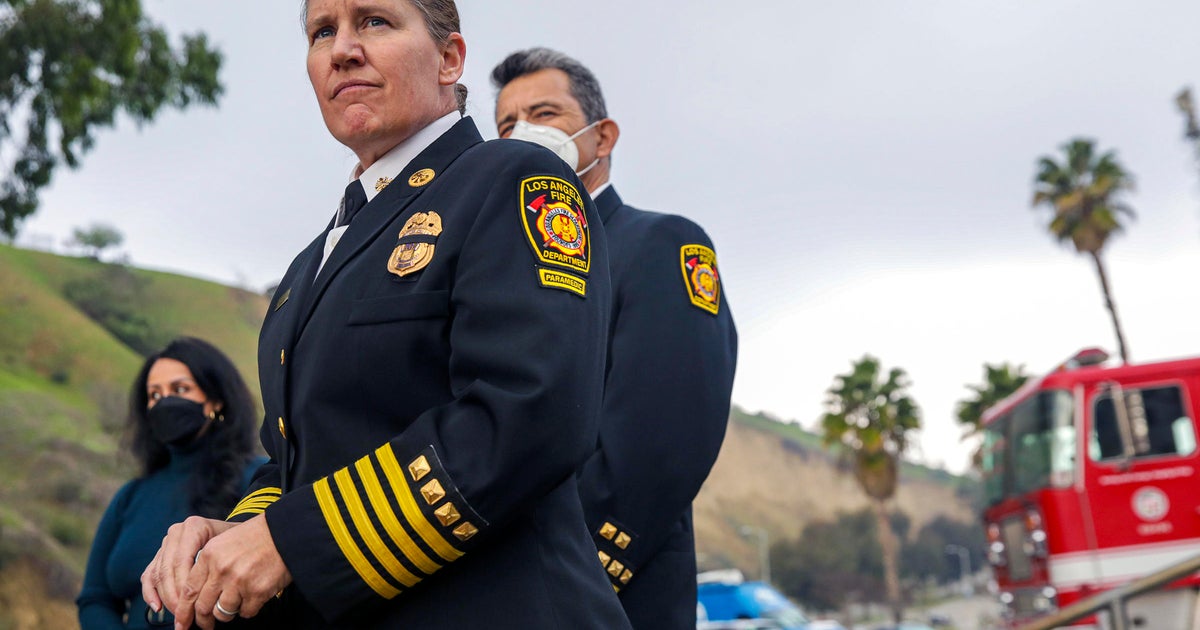All literature is nourished by reality, it opens spaces for fiction, for rationalization as well, but above all for idealization and the proposal of alternate realities; but nothing can reach the imagination or literature if it has not first passed through the senses and through the sieve of reason. It is not surprising that among the genres that have advanced the most in recent times on our continent, that of the Ñ, that of the Spanish language on both shores of the ocean, is that of the horror novel or rather, as the things, this strange, hybrid and multiform narrative that we call crime, horror or mystery novels; In short, the fact is that the presence of the supernatural, the extraordinary, the violent and the grotesque, are doing a task of reforming the literature in our language.
One day in the CERESO of San Miguel, State of Puebla, a talachero, that is to say, an inmate commissioned to verify among the garbage the waste that can be recycled finds the corpse of a baby; another one, a trans woman uploads a video to her social networks denouncing that she has just been stabbed in the neck; Outside a restaurant, a woman beats up a lesbian couple because they set a bad example for their ten-year-old son. The boy also hits the women attacked by his mother.
Among the effects of the pandemic is stress, and in this sense, femicide and domestic crimes have increased between 60 and 64%, but not only that, but hate speech has increased in its frequency and formats; a member of the legislature is expelled from a television interview and a high school teacher makes anti-Semitic jokes with terrible taste, referring to the Holocaust in terms that are intended to be humorous, “to lighten the class” and provoke the outrage of her students.
The damage has been such that by normalizing violence, writers are portraying in their novels the way in which a genre that was characterized by its remoteness, by its supernatural and even mystical notes, has become a showcase of a reality that we cannot and to understand and so you have to mythologize it to assimilate it.
In Argentina, Mariana Enriquez, with her novel “Nuestra parte de noche”, transforms the military dictatorship into a dark force beyond political boundaries, enriching the bestiary of horror novels; Ricardo Raphael agrees with her in his already classic “Son of War”, in which the narco mixes with Afro-Cuban cults and with popular religiosity, as happens with the Argentine author; the multiple readings of reality in “A criminal novel”, by Jorge Volpi, wrap us in authentically terrifying plots when a leak in the control of the police forces are capable of inventing the most convoluted stories in order to fabricate blame where the citizens we are but small pieces of circumstances.
In a few years, perhaps a couple of decades, scholars of literature will name this phenomenon, discuss it, find sympathy and differences, and we will be far away to remember that we were protagonists and victims of a time when terror was part of our daily life, which was a terror of painful subterfuges of appearances that we did not understand and against which there was no way to confront them.
During 2020, violence cost us an expense equivalent to 22.5% of GDP, that is, around 4.71 billion pesos, our rates of intentional homicides exceeded the world average by 7%, and although the 2021 confinement decreased the incidence of violent crimes, the improvement did not exceed 3.5%, which is extremely marginal.
But let’s go back to the narrative in which we live, from November 2020 to this first month of 2021, we have experienced at least eight major episodes of homophobic and transphobic violence and discrimination; in one of them, literature once again slipped through the cracks of reality; To protest the expulsion of a homosexual couple who had kissed in an amusement park, activists for tolerance called a “kiss-up” outside the facilities of the amusement park where the events took place, while some people attacked to the protesters who peacefully kissed each other, yes, also heterosexuals in case someone thinks that only homosexuals or lesbians kiss in public; the fact is that a young activist was attacked by two women, they did it with their nails, scratching his face and looking, as in the best Stephen King novels, for the eyes of his victim, the doctor says that the scars on his face will remain as a sign of intolerance for his whole life.
It is time to stop, violence, beyond the pandemic and our political preferences, is creating changes in our social, cultural and economic structure. The outlandish price of eighty pesos per kilo of lemon has part of its explanation in that the producers and marketers are transporting to the consumer the cost of the floor rights that the criminal organizations charge in Michoacán to the farmers and to the members of their distribution cycles. , that’s right, as if it were one more element of the chain, such as the subscription or the payment of the toll booths.
This would not be the first cause in which we citizens have to manage on our own, as we are doing with cultural promotion, particularly with editorial and literary matters; Perhaps we are the ones who have to isolate the phenomenon of violence, stop normalizing it, preventing our sense of wonder from collapsing and understanding that the portrait that literature is making of our time is an invention, but that it can only born from reality
The author is a lawyer and writer.
Twitter: @cesarbc70




